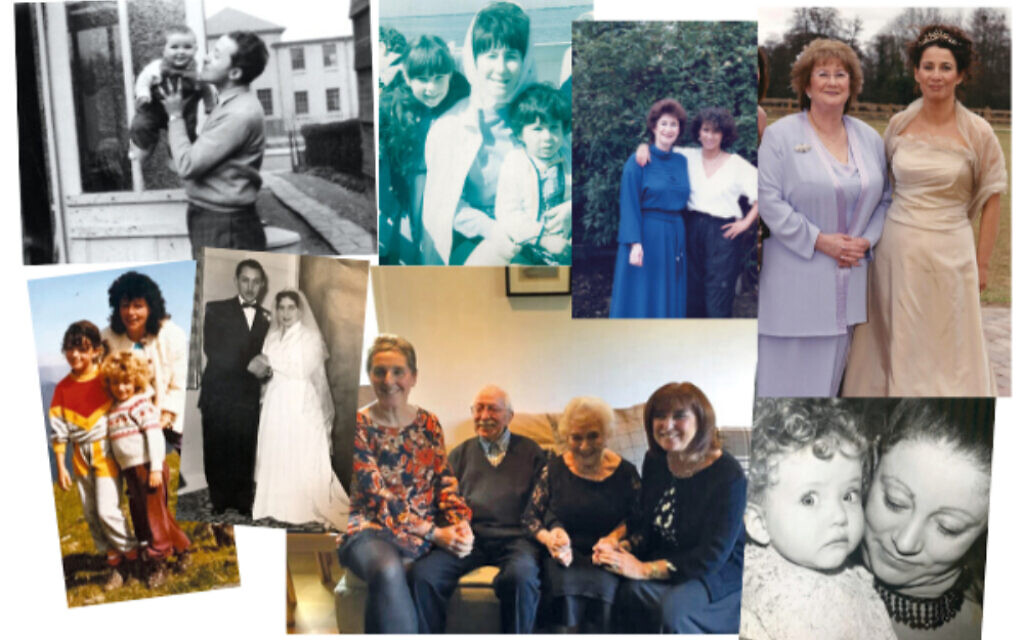Trauma handed down from parent to child
Sandy Rashty explores the transgenerational impact of the Nazi genocide on descendants of survivors
Stories of survivors have been widely told to ensure the horrors of the Holocaust are never forgotten.
Less is known about how the period affected the children of survivors who lived through the concentration camps, who were hidden, who were granted refuge, or who joined resistance movements across Europe.
According to experts who have researched the transgenerational impact of the Holocaust, in some cases it has had a wide-ranging effect on the second generation’s personal identity and relationships with their own family and wider society.
Get The Jewish News Daily Edition by email and never miss our top stories Free Sign Up
Belinda Hochland, 62, had a comfortable childhood. Raised in a Jewish home in Glasgow, she went onto become a teacher, get married and have children of her own.
But from an early age, she recalls an atmosphere in their home. “We were a family of relative silence; we didn’t chat. We could have entire meals and car journeys in silence,” she says.
Her father Henry Rose – born Henryk Ruzagura in Warsaw in 1924 – was a Holocaust survivor. He survived three concentration camps, before being liberated on the last train from Buchenwald to Theresienstadt in 1945. He came to the UK after the war as one of the children brought to Windermere.
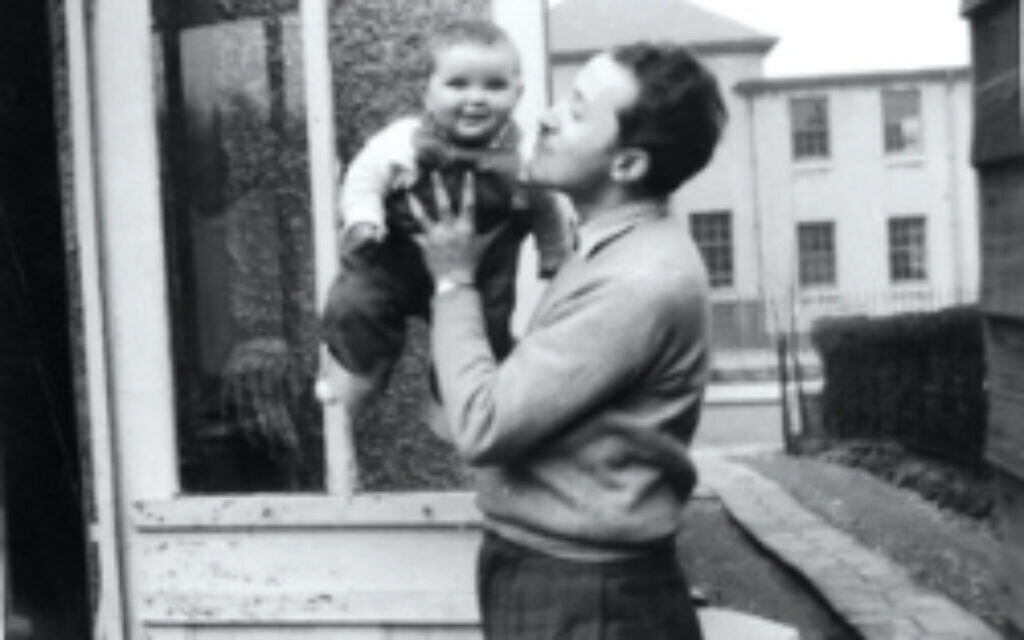
He later met Belinda’s mother, Mindel, playing badminton at the Maccabi club in Glasgow, went on to work in textiles and had two daughters. But ever since Belinda can remember, she and her sister Sharon were warned against asking him about his past.
“It engulfed everything about our lives,”
she recalls. “We all cowed to dad’s needs because of his horrific history. From a young age, we knew he was a Holocaust survivor, but we did not really understand what that meant until many years later.”
Belinda always felt a need to find out more about her father’s history. “The minute you touched his past, he had a temper; iron shutters came down,” she says.
“I wasn’t allowed to ask questions about dad’s past, but I kept pushing. It was the only thing I argued with my father about; my need to know who I was and where I came from.”
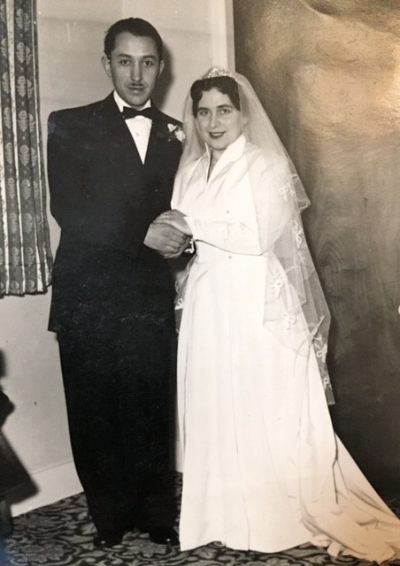
She adds: “I just wanted to know the basics: what he did, where he went to school, did he have a barmitzvah? Dad wasn’t very forthcoming. He would just lose his temper and shut down the discussion.”
After she got married, she sought advice from a counsellor and agreed to stop questioning her father about his past. “It wasn’t for me to make him speak,” she says.
In 2014, Hochland was due to deliver a school assembly on the Holocaust. On a family holiday in Florida, she decided to show her father the presentation she had prepared. “Out of the blue he said: ‘I’ll give you one hour. I’ll tell you what you want – within reason – what I can,’” she recalls. “I was completely overwhelmed.”
She picked up a notebook and wrote down his story. “Then the clock stopped [and] the shutter came down.”
Further attempts to get her father to talk about his past were fruitless. When Belinda showed him historical photographs from the Lake District, she says: “He blankly swept past them all, as if he had no recognition or memory of those days.”
At the only reunion he attended around 10 years ago with the 45 Aid society, she describes him as being “so uncomfortable”.
“It was palpable,” she says. “People approached him wanting to reconnect, but he had no interest. I never got any more answers. He did not have the capacity to talk emotionally.
“I think that was the only way he could cope living. He may have had a lot of guilt as the only survivor of the family that we know of. We don’t know what he had to do to survive.”
Hochland says she still has the need to find out more about her past – noting that gaps in her history had a defining impact as the second generation child of a survivor.
“We have leads to follow up of possible family after all. My journey is not over, it’s just beginning.”
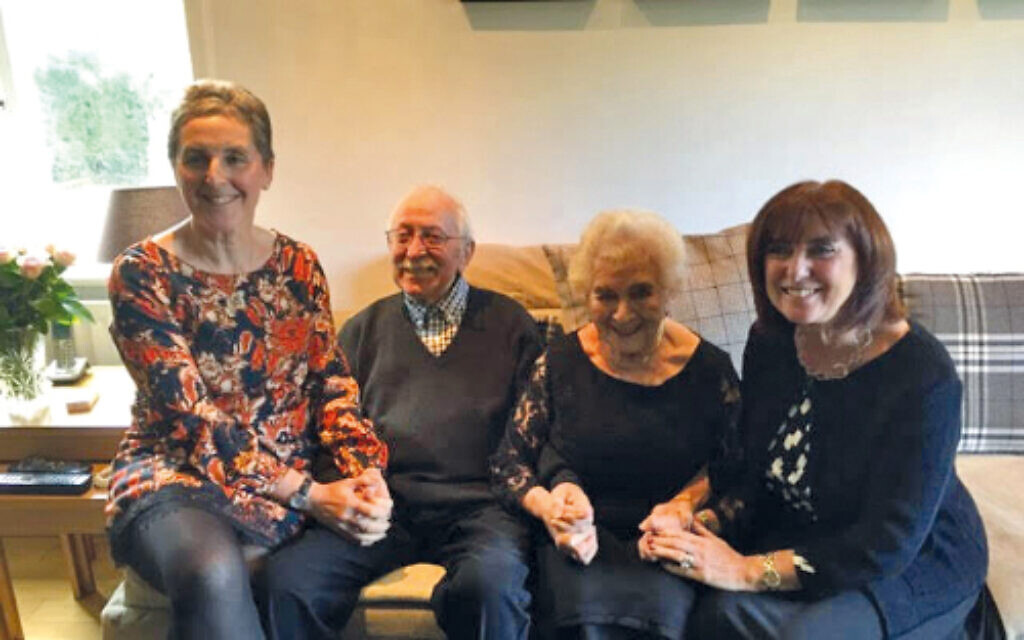
Emmerdale actress Louisa Clein, 40, shares the need to research her family history. Her Dutch mother, Channa Salomonson, was born in Amsterdam in 1939. She was hidden by a non-Jewish family until her parents – supported by the resistance – returned to collect her.
But Clein knew little of her background – and had a relatively secular life growing up in Poole, Dorset.
“My mum didn’t want us to feel different to the non-Jewish world in which we grew up,” she says. “I didn’t go on Israel tour or have a batmitzvah.”
But still, Clein felt different to the community around her.
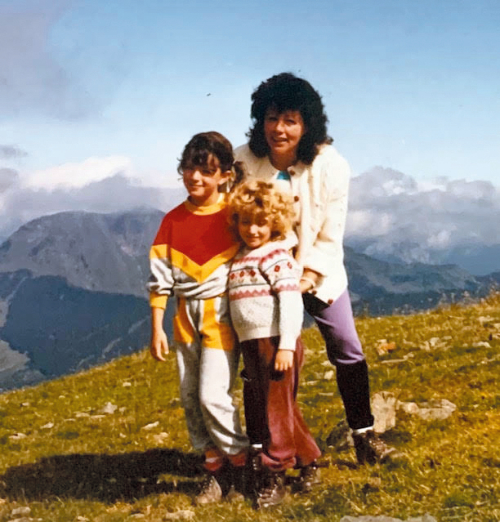
“I have never felt really English. That has come from my mum. England welcomed us and we have a wonderful life here, but I feel Jewish. I think that’s quite a distinction, I feel different.”
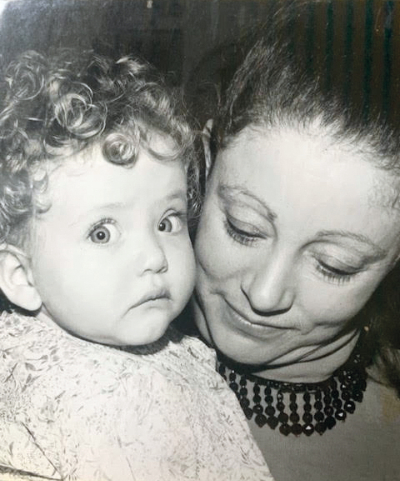
Aged 18, Clein moved to London to attend drama school.
Living in north London, she started to connect with her Jewish roots.
“I would go to relatives for Friday night dinner; I lived in north London; I realised
I could buy chicken soup; I went to Israel for the first time and saw that everyone looks like me – they had curly hair like me. I went from one extreme to the other.”
She married barrister Jeremy Brier at Bevis Marks Synagogue and moved to north London permanently.
Reflecting on this, Clein, now a mother-of-three, says her mother’s story impacts on the way she looks at the world – and fears incidences of antisemitism across the UK.
“I feel real fear and real anger. I think about my mum’s story. It’s not just a concept or a story to me.”
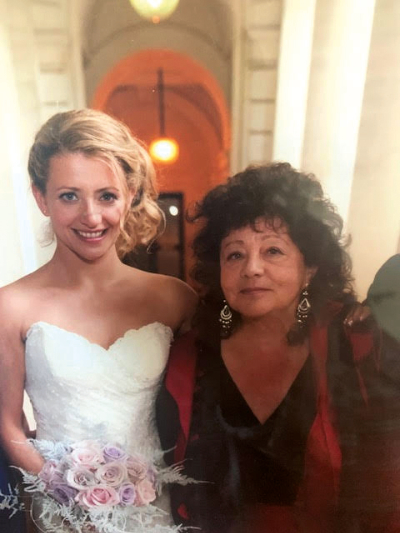
Now, the award-winning actress is determined to learn more about her family’s past.
After appearing on BBC One’s Who Do You Think You Are? she has gone on to film a documentary about her own family.
She adds: “It feels like a responsibility, to keep these stories and alive.
“For me, it’s not ‘history’ – it’s my mum.
“It’s my whole life. It’s formed who I am.”
In London, second generation Debra Barnes, 55, says she also felt the need to document her family’s story. She started working with the Association of Jewish Refugees (AJR) after her mother – a Holocaust survivor – passed away in 2010.
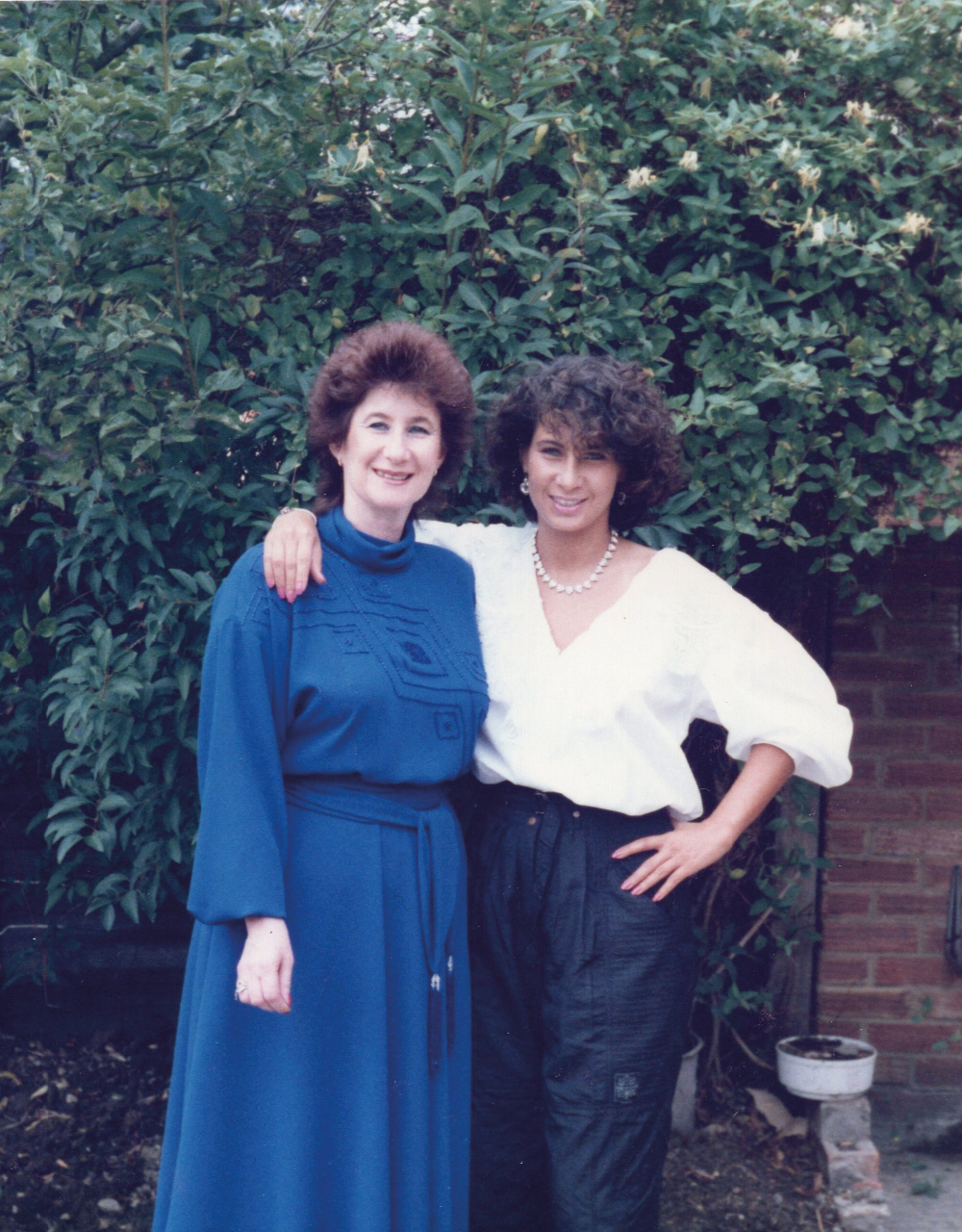
Born Paulette Szklarz, her mother was hidden in France during the Holocaust. Her parents, brother and twin sister were murdered in Auschwitz. She survived along with two of her brothers – and made a life for herself in the UK.
But her story impacted Debra from a young age.
“I don’t remember when I was told about the Holocaust, but I always had knowledge of what had happened,” she says.
“Our family avoided anything related to the Holocaust such as books, films or television programmes. I grew up with a sense of duty to make my mother as happy as possible, I suppose to make up for the terrible experiences she suffered as a child.”
But this impacted on Debra’s own mental health. “This sense of duty became too much for me and when an opportunity arose for me to escape, I took it.
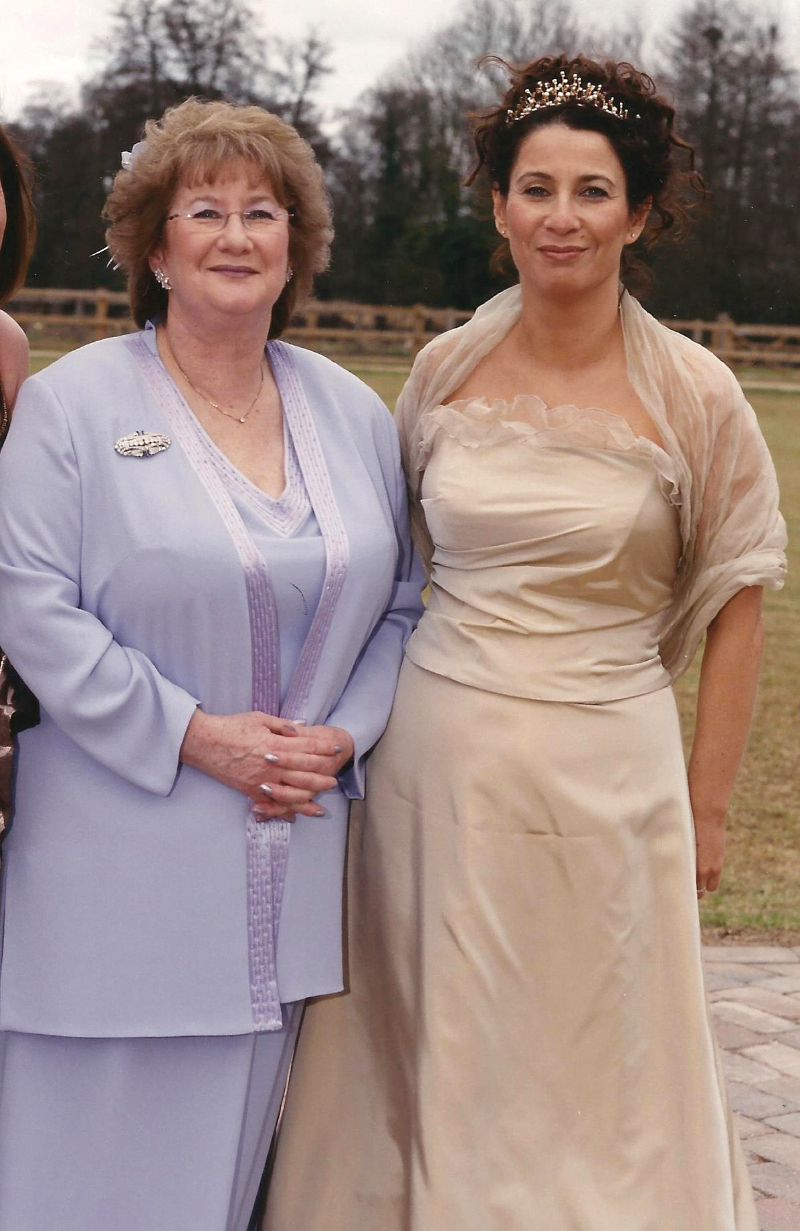
I went to live in a remote area of Spain where no one knew my background. This upset my mother terribly, which in turn resulted in my having an eating disorder.”
Reacting to this, the family sought support from a counsellor, who specialised in the treatment of Holocaust survivors and their families.
“We eventually managed to restore our relationship,” she says.
Now working for the AJR, she has written a novel inspired by her mother’s personal story, set to be published this May.
“I hope my mother would have been proud of me,’ she says.
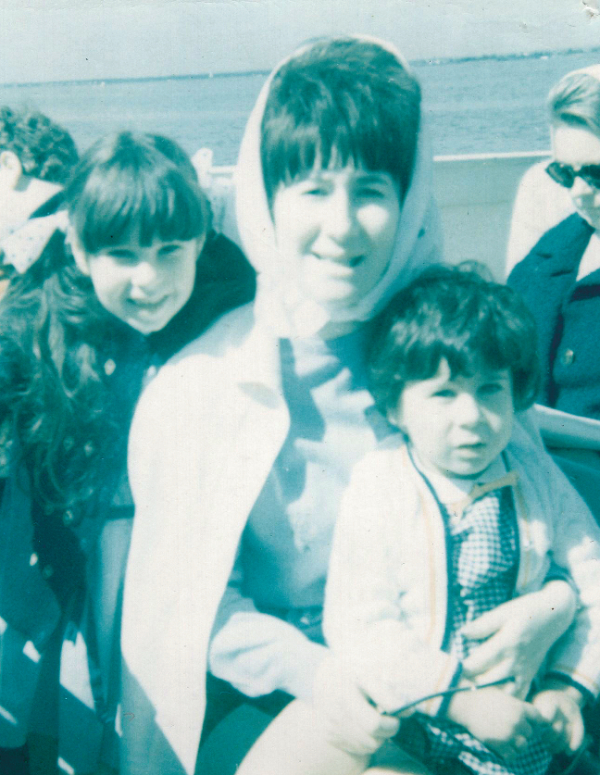
Impact on survivor children
Dutch-born psychologist and psychotherapist Gaby Glassman, who specialises in the transgenerational effects of the Holocaust, says key themes are found in the second generation, the children of Shoah survivors.
Glassman, who has run counselling sessions with more than 1,000 second generation children over the past 30 years, explains: “In many families, there seemed to have been a hierarchy of suffering. This caused a lot of damage. The second generation didn’t feel entitled to their own pain; it did not compare with that endured by their survivor parent.”
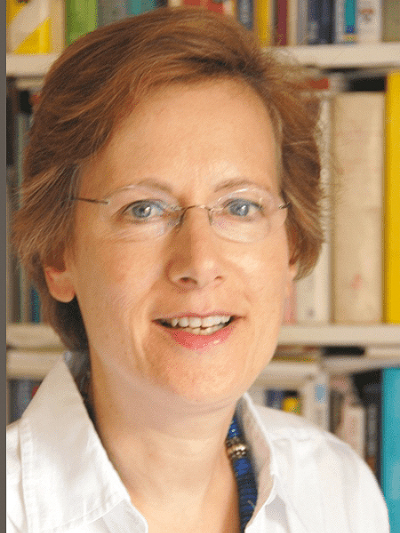
She says many second generation children don’t remember when they learnt their parent was a survivor – “It was always around. When parents were sad, children picked that up and tried to make them happy… The silences could have a big impact.”
A disproportionate number were keen to go into “helping professions”, she explains, and were “ready to please”.
Glassman has observed problems of communication within Holocaust survivor families, including the prevalence of a mutually protective mechanism whereby survivors do not wish to burden their children with their experiences – and children do not want to ask their parents questions for fear of upsetting them. These issues have impacted the second generation’s other relationships, she says, including with their own children and their partners, friends and colleagues. “The lack of separation between the first and second generation is likely to impinge on the ability of the second generation to think and act independently, particularly in handling conflict.”
Glassman has noted a group of “expectations” that manifest, including the pressure to achieve academically and professionally.
She says her clients also felt they had “to be available dutifully at their parent’s beck and call” and many were unable to express their anger.

Thank you for helping to make Jewish News the leading source of news and opinion for the UK Jewish community. Today we're asking for your invaluable help to continue putting our community first in everything we do.
For as little as £5 a month you can help sustain the vital work we do in celebrating and standing up for Jewish life in Britain.
Jewish News holds our community together and keeps us connected. Like a synagogue, it’s where people turn to feel part of something bigger. It also proudly shows the rest of Britain the vibrancy and rich culture of modern Jewish life.
You can make a quick and easy one-off or monthly contribution of £5, £10, £20 or any other sum you’re comfortable with.
100% of your donation will help us continue celebrating our community, in all its dynamic diversity...
Engaging
Being a community platform means so much more than producing a newspaper and website. One of our proudest roles is media partnering with our invaluable charities to amplify the outstanding work they do to help us all.
Celebrating
There’s no shortage of oys in the world but Jewish News takes every opportunity to celebrate the joys too, through projects like Night of Heroes, 40 Under 40 and other compelling countdowns that make the community kvell with pride.
Pioneering
In the first collaboration between media outlets from different faiths, Jewish News worked with British Muslim TV and Church Times to produce a list of young activists leading the way on interfaith understanding.
Campaigning
Royal Mail issued a stamp honouring Holocaust hero Sir Nicholas Winton after a Jewish News campaign attracted more than 100,000 backers. Jewish Newsalso produces special editions of the paper highlighting pressing issues including mental health and Holocaust remembrance.
Easy access
In an age when news is readily accessible, Jewish News provides high-quality content free online and offline, removing any financial barriers to connecting people.
Voice of our community to wider society
The Jewish News team regularly appears on TV, radio and on the pages of the national press to comment on stories about the Jewish community. Easy access to the paper on the streets of London also means Jewish News provides an invaluable window into the community for the country at large.
We hope you agree all this is worth preserving.
-
By Brigit Grant
-
By Laurent Vaughan - Senior Associate (Bishop & Sewell Solicitors)
-
By Laurent Vaughan - Senior Associate (Bishop & Sewell Solicitors)
-
By Laurent Vaughan - Senior Associate (Bishop & Sewell Solicitors)
-
By Laurent Vaughan - Senior Associate (Bishop & Sewell Solicitors)


